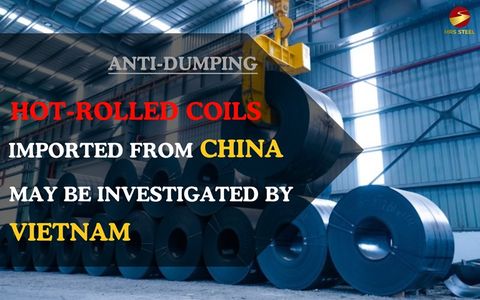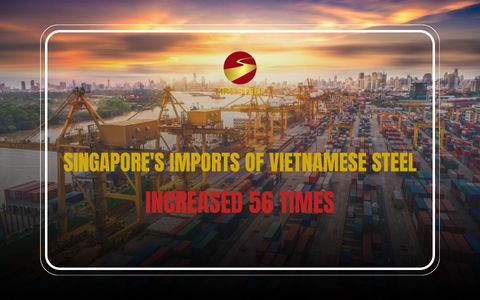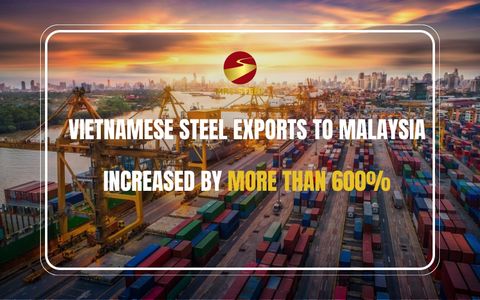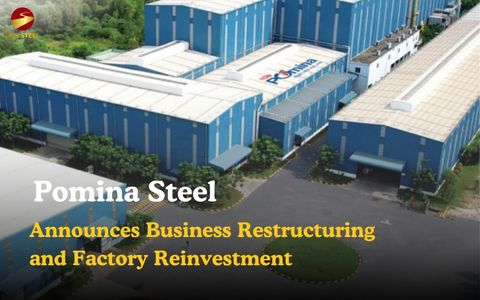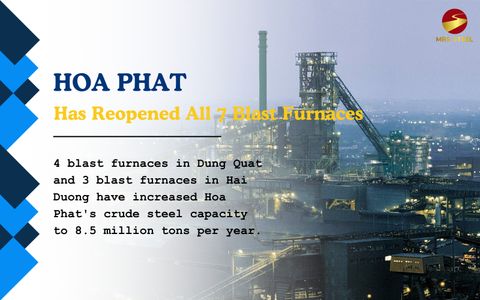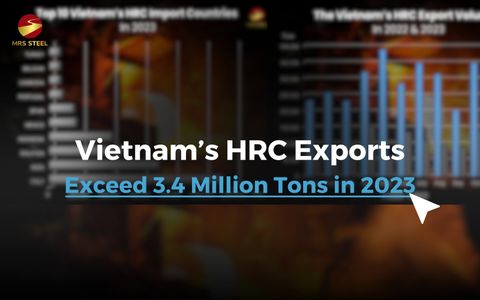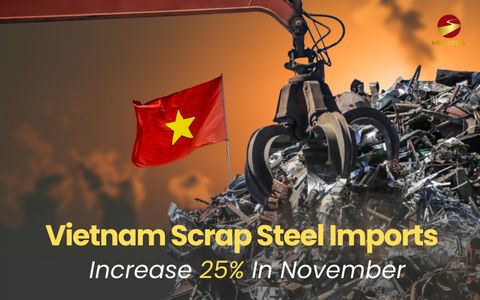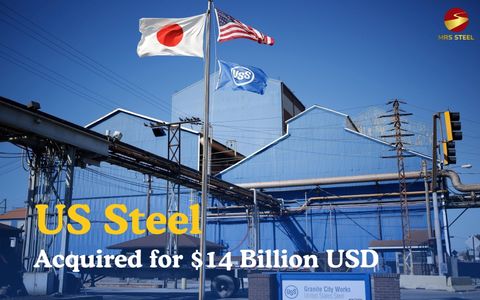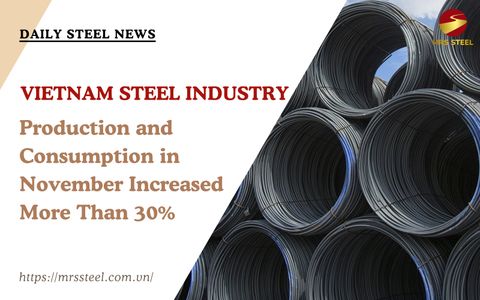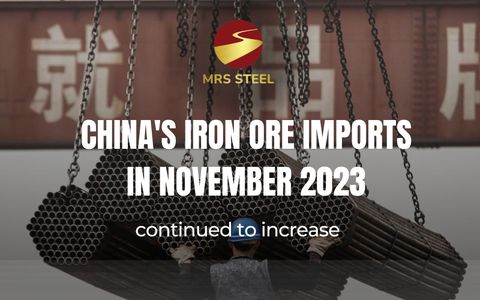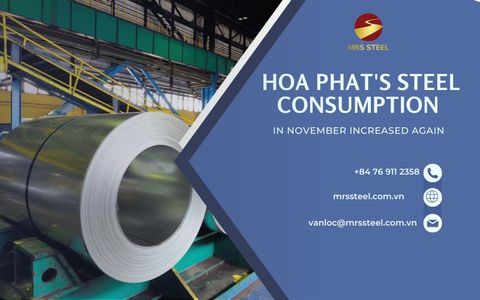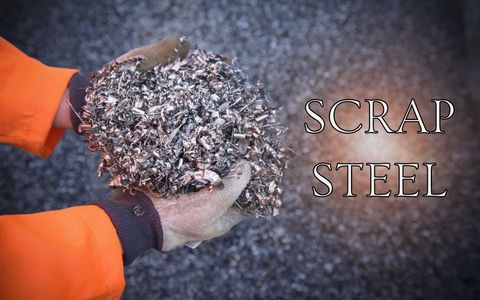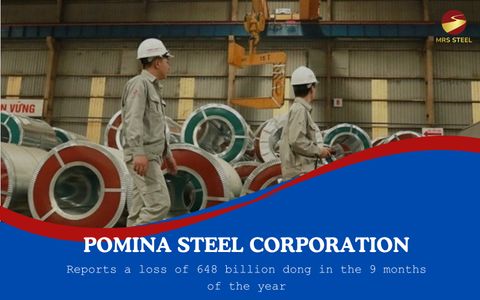Turkish Steel Outlook 2024: Forecasts growth despite challenges
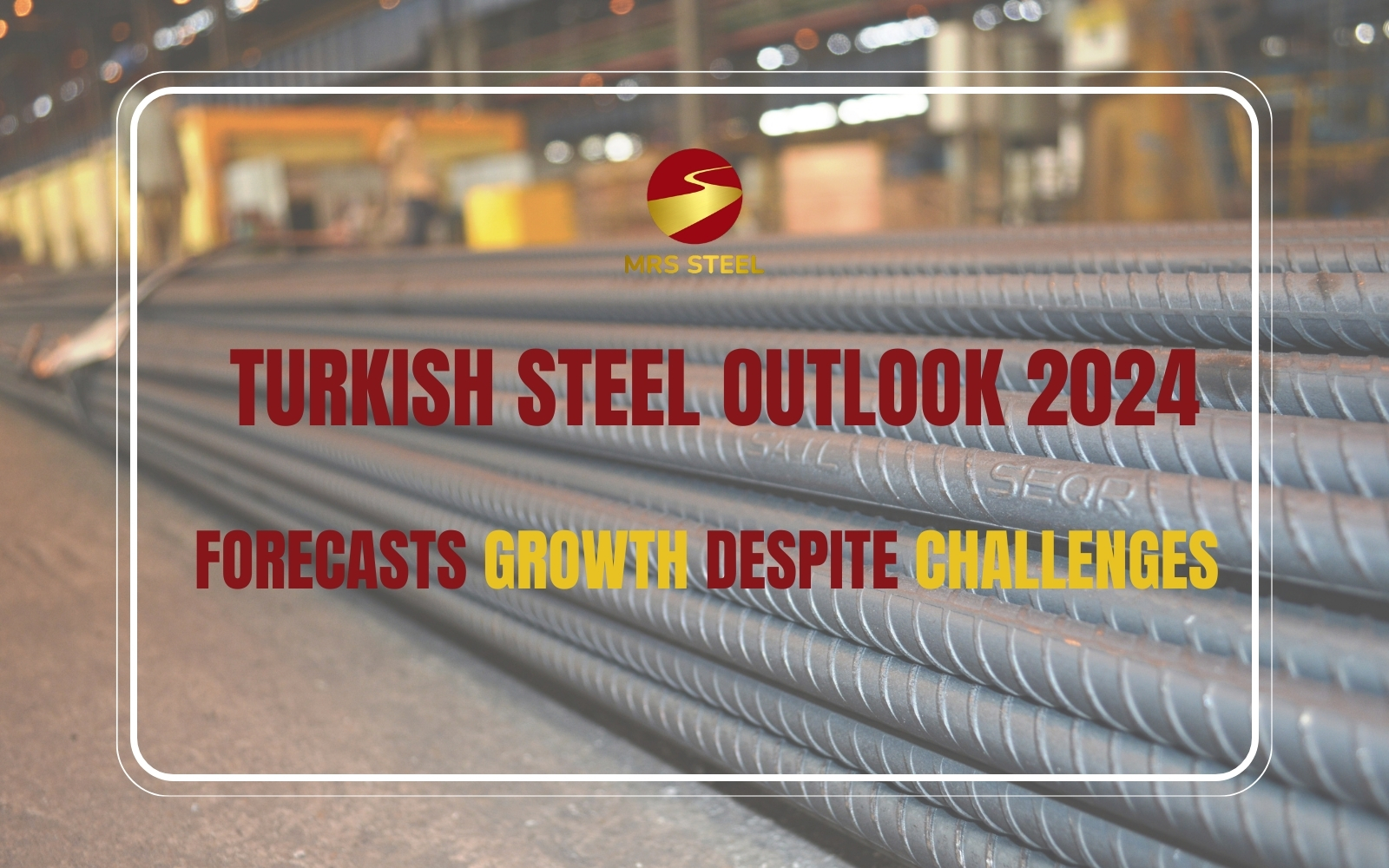
Steel NewsDate: 22-03-2024 by: Ngoc Cam
Türkiye is the 8th largest steel producer in the world and has surpassed Germany, leading in steel production in Europe. However, in the past two years, its steel production and exports output has continuously decreased due to global economic difficulties. However, Turkish steel companies continue to boost production capacity, promising an explosive growth in 2024.
1. Türkiye's steel production situation
Although Türkiye still maintains the 8th position in the ranking of the world's largest steel producers, 2023 marked the second consecutive year of decline in the steel industry. According to WorldSteel, Türkiye produced 33.7 million tons of steel (down 4% y/y) in 2023 and 35.1 million tons in 2022 (-12.9% y/y). The decline in steel production from 2022 to 2023 was due to macroeconomic instability and high inflation. The Turkish lira depreciated around 60% against the dollar in 2023 restricted steel imports and domestic steel consumption.

Currently, most of the Turkish steel industry produces through electric arc furnace technology. In 2022, 71.5% of the domestic steel was produced from these furnaces, so the increase in electricity prices was also a factor that seriously affected the steel industry. According to the Confederation of Turkish Steelmakers (CIB), the sharp increase in electricity prices accounted for 27% of production costs compared to 8% in 2021.
Other factors affecting steel production and consumption in Türkiye include the increase in VAT from 18% to 20%, leading to higher steel coil prices. The earthquake in February 2023 also negatively impacted the steel industry when 1/3 of factories were forced to suspend production.
In 2023, coil steel consumption reached 38.1 million tons, an increase of 17.1% compared to 2022, leading to a 15.5% increase in steel imports compared to the same period in 2023 (According to the Turkish Steel Manufacturers Association (TCUD).
2. Türkiye's steel import and export situation
Türkiye's steel exports in 2023 continued to decrease to 10.5 million tons, -30.6% y/y. Export revenue reached 8.3 billion USD, down 40.7% y/y. In 2022, steel exports only reached 15.1 million tons, down 23.5% over the same period last year.

During January - November 2023 period, the EU imported an average of 199,000 tons of steel from Turkey per month. In 2022, Türkiye's imports of rolled steel products into Europe reached 4.33 million tons, accounting for 15% of the market share. Steel exports from Türkiye declined due to the following factors:
- High electricity prices in Türkiye reduce price competitiveness compared to other supply sources.
- The EU and US strengthen trade defense measures to protect domestic manufacturers against dumping. The US imposed a 25% tariff on Turkish steel products. Opportunities to export steel to the EU are limited by the quota system. In addition, the EU also applied anti-dumping duties on hot-rolled steel sheets imported from Türkiye.
- China increased exports of cheap steel due to a steel surplus. Russian suppliers offer low prices to attract importers. This negatively impacts prices and export opportunities of other countries.
Thus, steel exports from Türkiye to the EU are decreasing. Manufacturers are losing price competition in the EU market. At the same time, Türkiye faces massive imports, forcing the government to take measures to protect the domestic market.
In 2022, Türkiye imposed tariffs on hot rolled imports from the EU. In May 2023, import duties on some flat rolled products increased by an average of 7%, specifically hot rolled steel coils from 9% to 15%, cold rolled steel coils from 10% to 17%, steel coils from 9% to 15% and hot rolling alloy from 6% to 14%.
Entering 2024, the trend of increasing trade protection is still going strong. In January, tariff rates on some flat-rolled products increased and continued to maintain tariff rates on imported rolled steel. In the near future, the government will also review anti-dumping measures on hot-rolled steel coils from China, Japan, India and the Russian Federation along with stainless steel pipes from China and Taiwan.

3. Turkish steel industry outlook 2024
Experts predict that the Turkish steel market will have many bright spots thanks to growing global steel demand. The World Steel Association forecasts that steel consumption in Türkiye will reach 40.6 million tons, an increase of 5% by 2024.
According to the Turkish Steel Association (TCUD), steel output in January 2024 reached 3.2 million tons, up 24.7% over the same period and flat steel consumption increased by 33.6% over the same period. The figures for February are even more positive.
Manufacturers Kardemir, Yıldız, Colakoglu Metalurji, Hasçelik have planned to invest millions of dollars to increase production capacity in 2024.
Türkiye has a large and growing domestic market, so the future of the steel industry will be based on meeting domestic demand. In addition, Türkiye has deployed steel production technology from CBAM scrap, providing advantages for exporting to the EU market.


